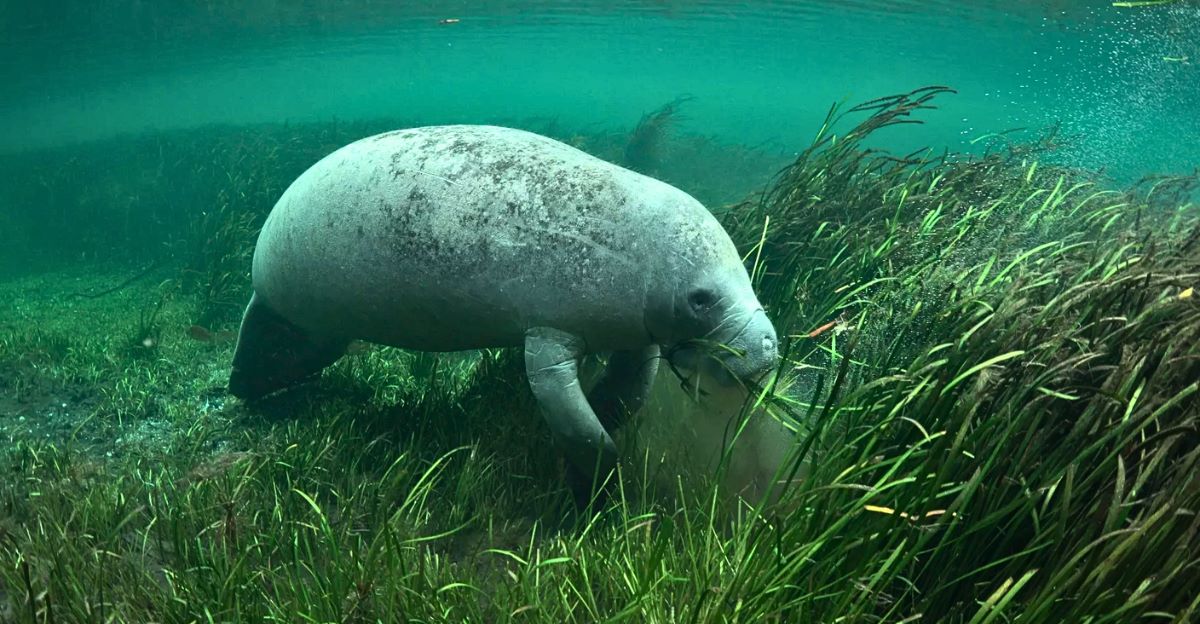
Florida has recently become the second state to ban the addition of fluoride into public drinking water. This change is in the interest of not “forcing” the chemical into people’s bodies, regardless of the benefits it may have. While this may be a controversial change for the impacts it may have on the public, there’s one area where it’s without a shadow of a doubt a victory – wildlife conservation.
While fluoride has benefits for human dental hygiene, it also has a profound environmental impact, especially on aquatic ecosystems. While the ban may not be in the interest of wildlife conservation, it is rather a side effect; it will have far-reaching impacts on ecosystems in regions under the new rule.
The Problem With Fluoride
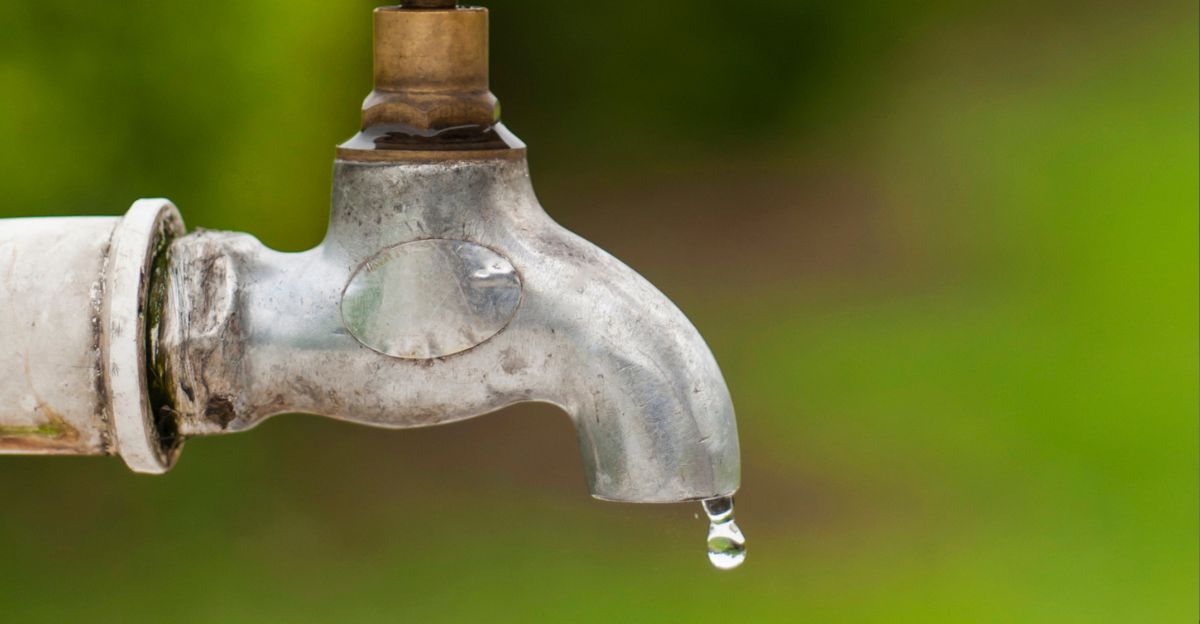
Fluoride may often be championed as a substance that helps public dental hygiene, but it is still not a nutrient, meaning that the chemical impacts different ecosystems negatively, and is often overlooked in the interest of human benefit.
Fluoride-polluted water can have far-reaching consequences on species’ reproduction ability and impair growth, especially in aquatic biomes. Florida’s aquatic habitats may be protected from fluoride pollution as the state bans the chemical additive.
Accumulating In Bodies Of Water
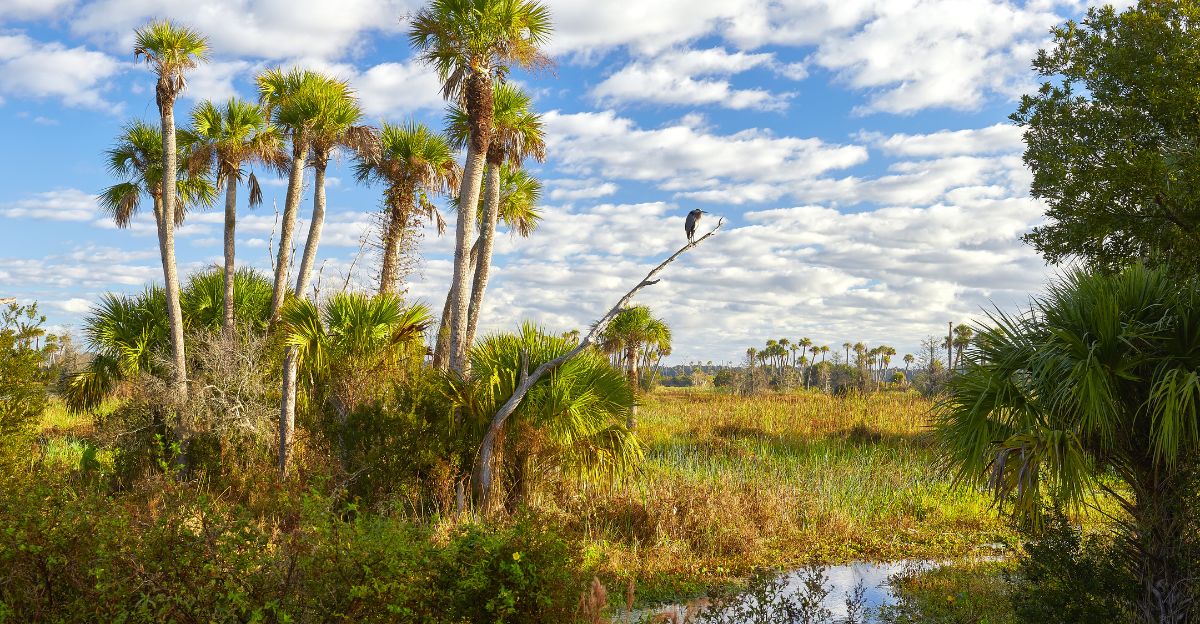
Fluoride compounds can easily accumulate in water bodies, even in small amounts. The chemicals can affect a wide range of animals in ecosystems, including fish, amphibians, and invertebrates. Fluoride is an environmental contaminant, and with its reduction in two U.S. states, wildlife has a chance to recover from fluorides, which have been in 70% of U.S. water for around 80 years.
Pets aren’t safe from the chemical either, and exposure can lead animals to develop skeletal fluorosis, joint pain, and even fractures, especially in dogs that have an excessive intake of fluoride. Whether or not these levels are generally possible is debated.
How fluoride can affect animals showcases how something that may be in the best interest of public health may come at the risk of harming both the environment and our beloved pets in unseen ways.
An Early Warning System

The unexpected and largely overlooked effects that fluoride has on wildlife could be an early warning system for environmental hazards. The impact that the chemical has on not only wildlife health but also plant life could be an indicator of long-term risks to ecosystems and humans.
While the ban of fluoride in drinking water could lead to weaker teeth and other dental-related effects, it may be just the break that many habitats need. In the future, a balanced approach should be taken when chemicals are introduced to benefit public health so that there are no unforeseen side effects in both human and wildlife populations.
Economic Effects
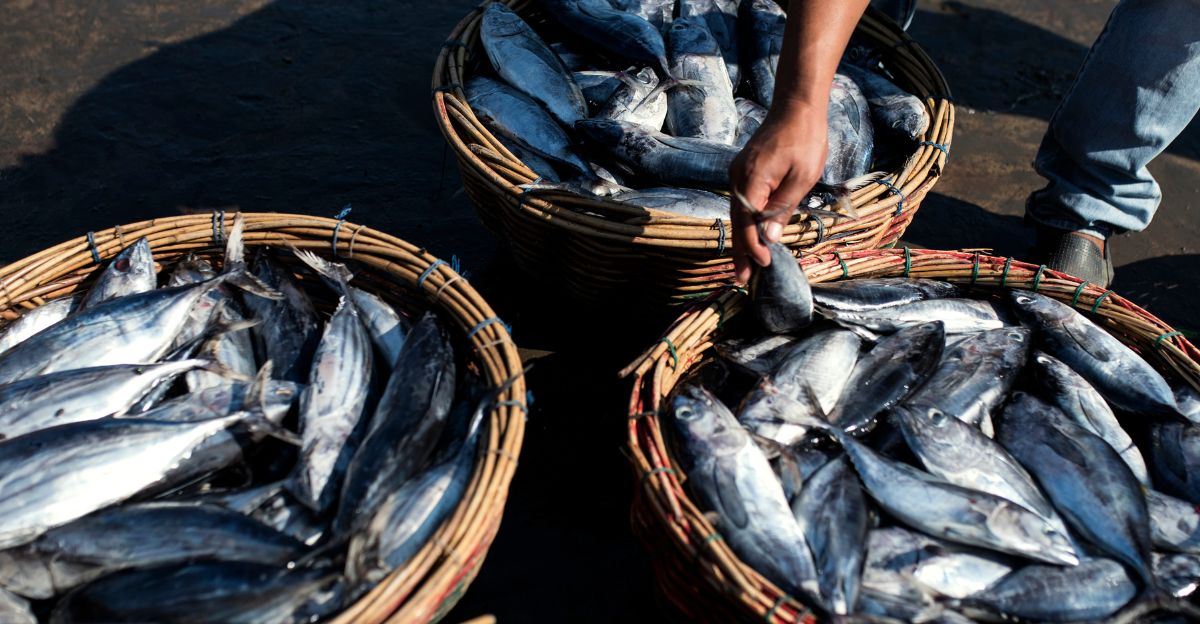
Taking fluoride out of the water will minimize both ecological damage and chronic fluoride, as well as reducing costs in processes like chemical treatment, as fewer chemicals will be needed. There will also be positive impacts on industries that depend on ecologically healthy habitats and populations, such as fisheries, tourism, and agriculture.
These effects show that the ban on fluoride can benefit the state of Florida in ways other than just wildlife conservation and could be an investment that balances both human autonomy, economic sustainability, and protecting the environment.
The History Of Fluoride In Water
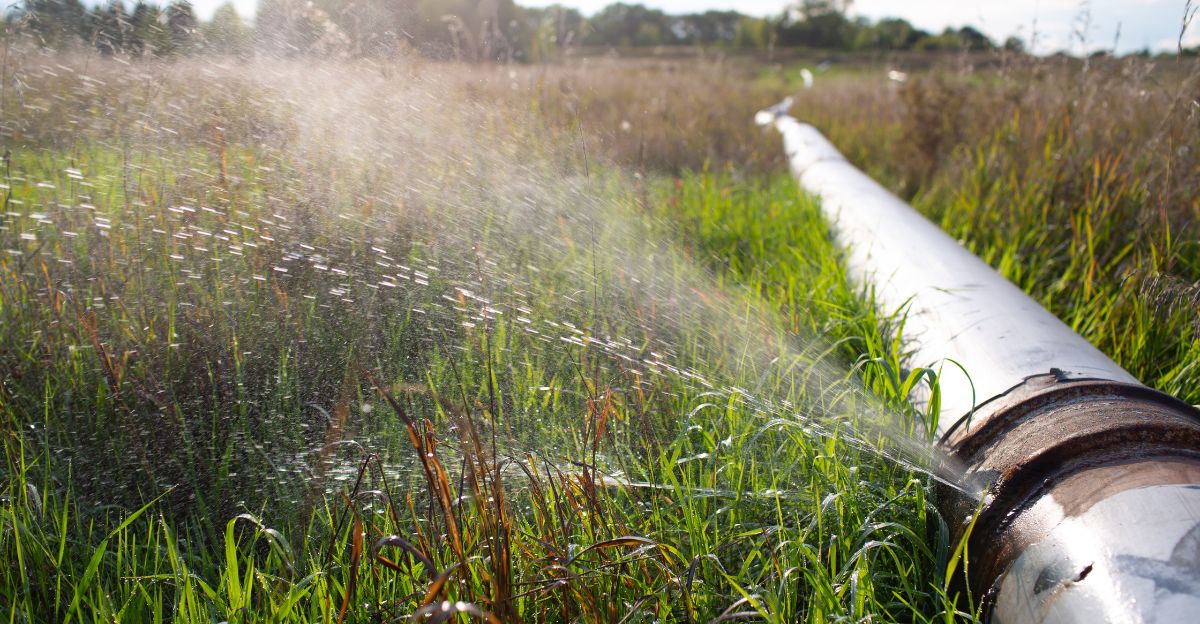
Michigan was the first state to have fluoride added to the water supply, and it was done to reduce the cavities that people had in their teeth. Scientists at the time noticed that communities with naturally high fluoride levels in their water had fewer cavities than those that didn’t.
While this process was widely adopted and was all in the name of improving the health in communities, many today argue whether or not the chemical should be applied to the water without the consent of those drinking it. 80 years on, the neglected side effects that fluoride-treated water has had on conservation are more apparent than ever, and wildlife populations cannot consent to its pollution.
Not The First State
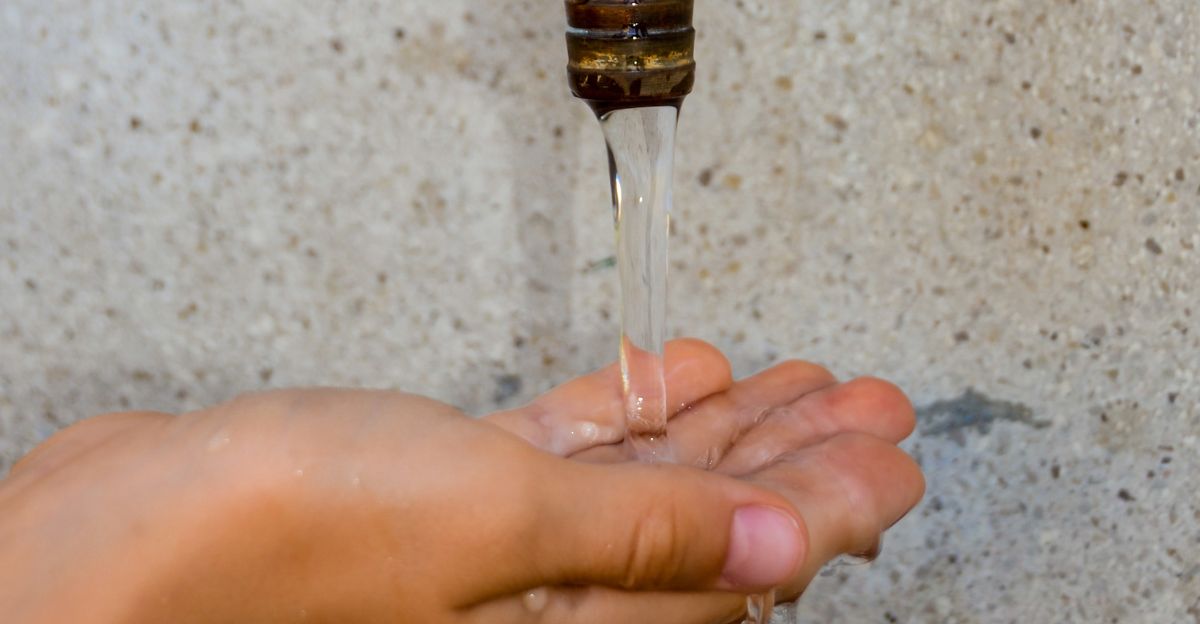
Florida is one of two states that have widely banned fluoride from being used in public water; the first was Utah. These bans might spread to other states that artificially add fluoride to water, as arguments are made for whether it’s ethical to force it upon most of the nation.
As awareness spreads about this contentious issue, the knowledge of its environmental effects could become more widespread, giving legislators more reasons to push back against a nearly hundred-year-old process that’s taken over the U.S.’s water supply.
Hitting Some Communities Harder Than Others
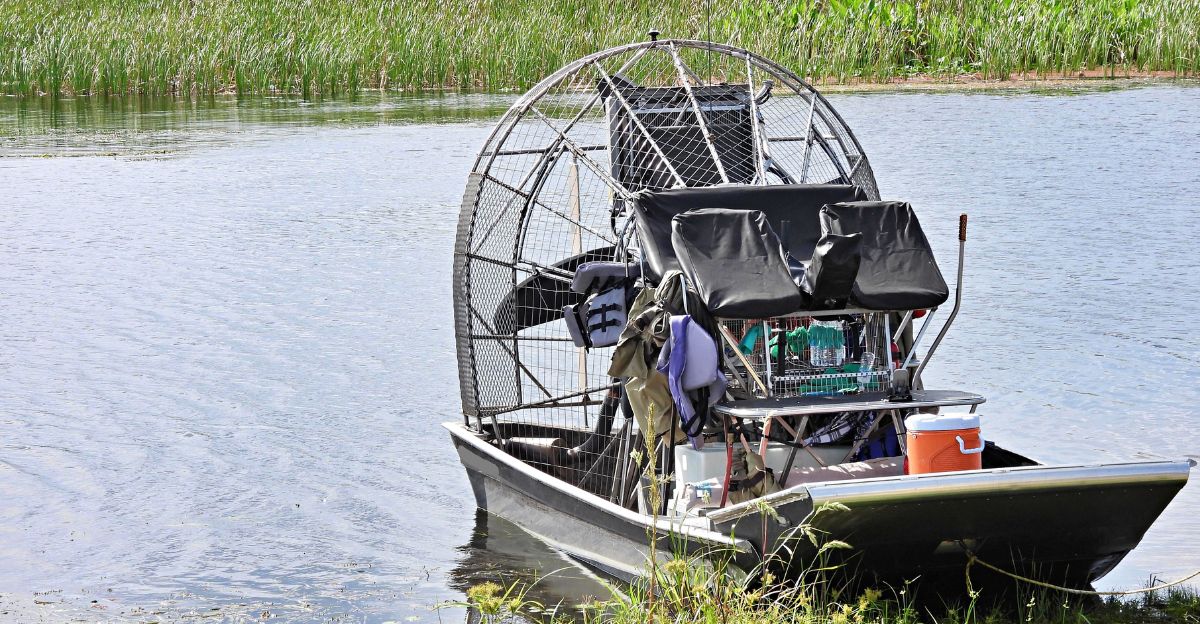
The impact that fluoride pollution has on communities varies, with some being hit much harder than others. Low-income and marginalized communities often rely on the health of local wildlife in order to keep their economy stable. These communities don’t just use wildlife for recreation and cultural practices, but also as a source of food.
Fluoride can damage the balance of the ecosystem and ultimately the livelihood of many people across the United States. While banning fluoride is divisive, it may end up ensuring that communities that are particularly vulnerable have protected habitats that they need for survival.
Vulnerable Species
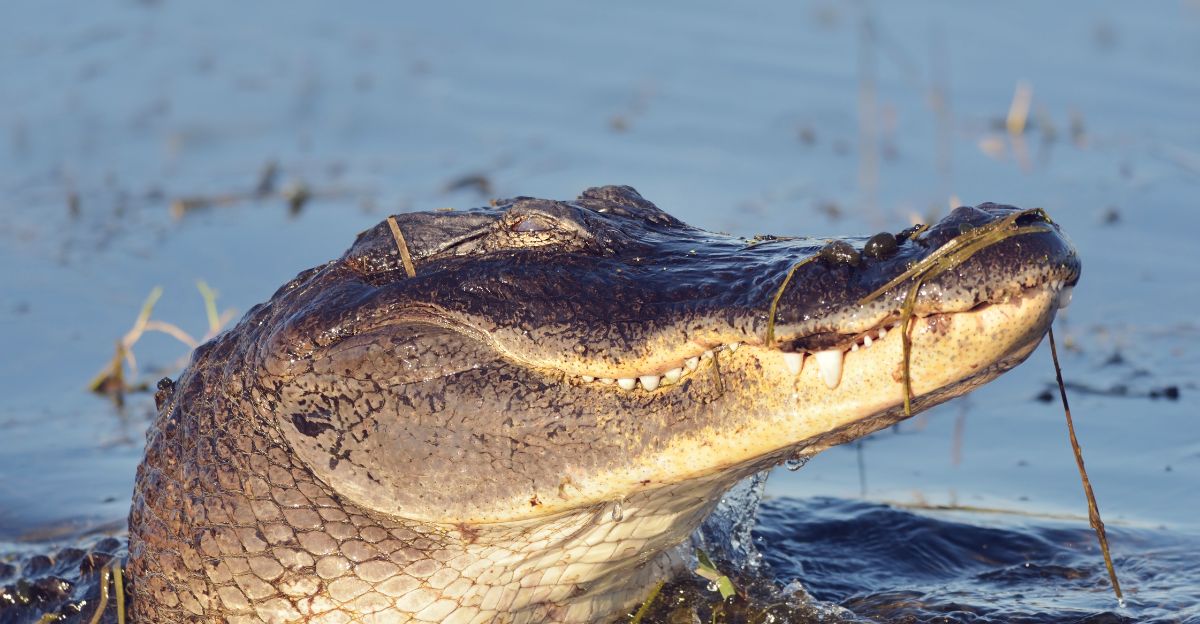
Florida has a rich and diverse amount of wildlife within its borders, and among the biodiversity, there are vulnerable and endangered species that need to be protected through conservation programs.
Animals like birds, turtles, alligators, and manatees, all of which live near or in freshwater habitats, are sensitive to water quality changes, such as fluoride being introduced.
The fluoride will slowly transfer from the water into their bodies, which leads to many health complications. Even animals far from water can be vulnerable to the chemical if they come into contact with it, notably cattle, which could have unforeseen repercussions for farming industries.
A Good Thing Or A Bad Thing?
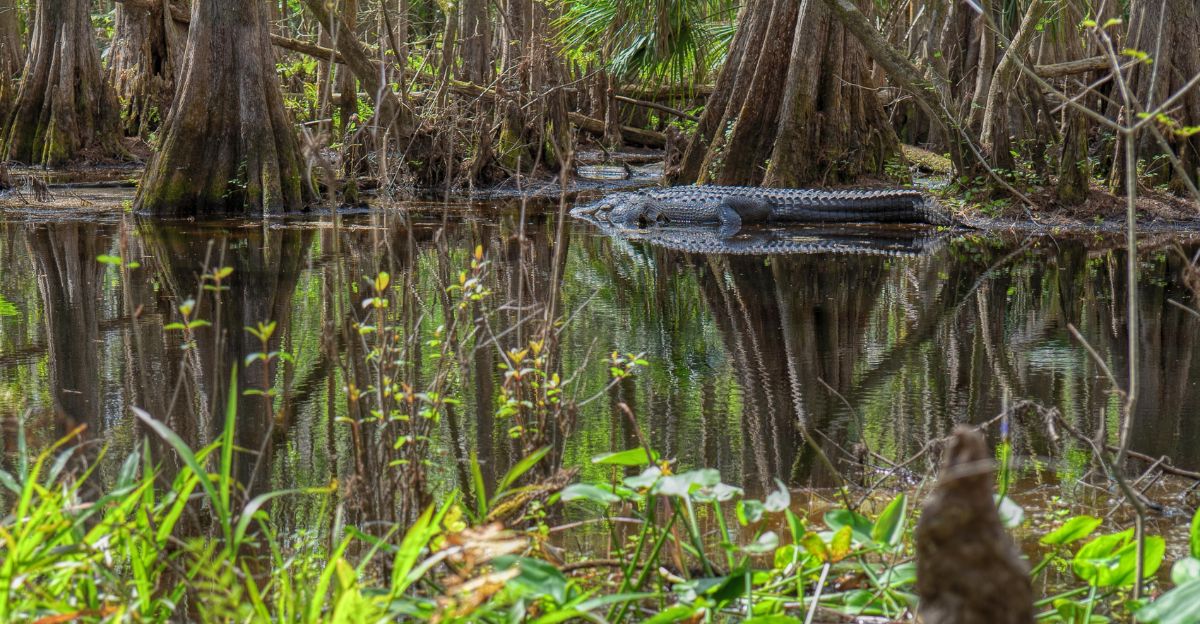
As experts weigh in on the controversial banning of fluoride, it is difficult to say what long-term effects it could have. Is banning fluoride going to be a good thing or a mistake in the future?
The ban highlights personal choice, environmental concerns, and potential health risks, while those opposing the ban have argued that vulnerable populations and children will be more at risk of tooth decay and that putting fluoride in the water has been proven to be safe for humans over the last 80 years.
The Future
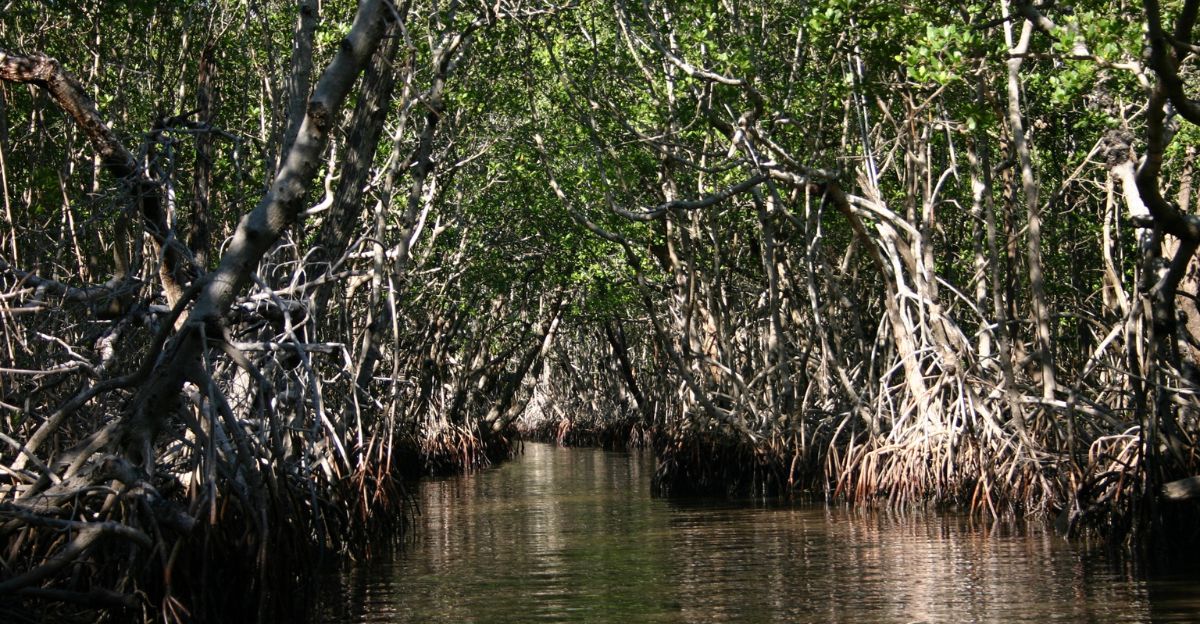
The ban on fluoride has many implications, from protecting domestic pets and wildlife to hurting populations’ health and quality of life. The consequences or benefits of such a sudden shift in policy will likely only be seen in the coming years.
If fluoride continues to be banned, a cleaner and safer alternative should be researched and found to keep the population at less risk of dental decay. This future alternative should also be entirely optional, but widely available, especially to communities with little access to health care.
Explore more of our trending stories and hit Follow to keep them coming to your feed!

Don’t miss out on more stories like this! Hit the Follow button at the top of this article to stay updated with the latest news. Share your thoughts in the comments—we’d love to hear from you!







